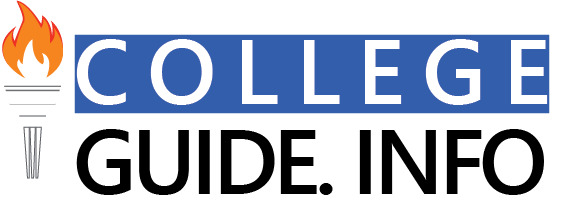Career colleges
|
Career colleges, also known as vocational or trade schools, are educational institutions that focus on providing specific career-oriented training programs. Unlike traditional colleges and universities that offer a wide range of academic programs, career colleges specialize in preparing students for specific professions or industries. These colleges offer practical, hands-on training to equip students with the skills and knowledge necessary to enter the workforce quickly and efficiently. |
 |
Programs and Focus
Career colleges offer a diverse range of programs tailored to various industries and professions. Some common fields of study include healthcare, information technology, culinary arts, cosmetology, automotive technology, and business administration. These programs are designed to provide students with industry-specific skills and knowledge, enabling them to pursue entry-level positions or advance in their current careers.
Hands-on Training and Practical Skills
One of the key features of career colleges is their emphasis on practical, hands-on training. These institutions prioritize experiential learning, allowing students to gain real-world experience in their chosen fields. Students often have access to well-equipped labs, workshops, and simulated environments that replicate actual work settings. This hands-on approach enables students to develop the necessary skills and competence required by employers, making them job-ready upon graduation.
Flexible Scheduling and Accelerated Programs
Career colleges understand the needs of adult learners and often offer flexible scheduling options. Many programs are available in part-time or evening formats, allowing students to balance their education with work or personal commitments. Additionally, career colleges often provide accelerated programs, enabling students to complete their training in a shorter timeframe compared to traditional four-year degree programs. This aspect appeals to individuals who are looking to enter the workforce quickly or transition into a new career promptly.
Industry Connections and Career Services
Career colleges typically have strong ties with local industries and employers. These institutions collaborate with businesses to ensure that their programs align with industry demands and requirements. As a result, students have opportunities for internships, externships, or cooperative education experiences, allowing them to gain practical exposure and make valuable industry connections. Additionally, career colleges often provide career services support, including resume writing assistance, interview preparation, and job placement assistance, to help students launch their careers successfully.
Job Placement Rates and Alumni Success
Career colleges often boast high job placement rates and showcase the success stories of their alumni. These institutions prioritize building relationships with employers and frequently update their curriculum to align with the evolving job market. By maintaining close ties with industries, career colleges can better understand and adapt to the changing needs of employers, ensuring that their graduates possess the skills and qualifications demanded by the job market.
Career colleges offer specialized training programs designed to equip students with the skills and knowledge necessary to succeed in specific professions. With their emphasis on hands-on training, practical skills development, flexible scheduling, industry connections, and career services, career colleges provide a pathway for individuals seeking focused career preparation. By choosing a career college, students can acquire industry-specific skills and improve their employment prospects in a shorter timeframe compared to traditional degree programs.
10 Interesting Facts about Southern Methodist University
How to get offers from colleges

